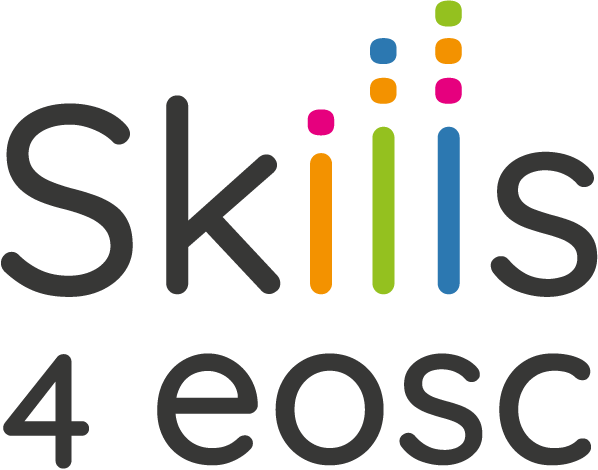Domain agnostic
ACME-FAIR
ACME-FAIR: a guide for Research Performing Organisations
Organisations:
FAIRsFAIR consortium
- Domain agnostic

The ACME-FAIR is to help those managing and delivering relevant professional services to self-assess how they are enabling researchers and their colleagues to do just that.
FAIR-enabling data policy checklist
FAIR-enabling data policy checklist
Organisations:
FAIRsFAIR consortium
- Domain agnostic

This checklist helps policy-makers to assess whether elements of their data policies are FAIR-enabling as well as providing recommendations on what should be addressed in policies.
FAIR Adoption Handbook for Universities
FAIR Adoption Handbook for Universities
Organisations:
FAIRsFAIR consortium
- Domain agnostic

This is a teaching and training handbook for higher education institutions to help universities to apply the competence framework to their specific situation and needs.
Dataset Maturity Model
Dataset Maturity Model
Organisations:
FAIRplus consortium
- Medical & Health Sciences
- Domain agnostic

This model assess dataset maturity using indicators based on the FAIR principles
FAIR Cookbook
FAIR Cookbook
Organisations:
FAIRplus consortium
- Domain agnostic

The FAIR Cookbook contains defined recipes for FAIRifying datasets, as well as more general topic guidance.
FAIR-by-Design Methodology
FAIR-by-Design Methodology for Learning Materials Development
Organisations:
Skills4EOSC
- Domain agnostic

A methodology for FAIR-by-design production of learning materials based on the backward instructional process that is extended with additional activities focusing on the implementation of the FAIR guiding principles.
OGC RAINBOW
OGC Definitions Server
Organisations:
The Open Geospatial Consortium (OGC)
- Domain agnostic
OGC RAINBOW is a Web accessible source of information about things (“Concepts”) the OGC defines or that communities ask the OGC to host on their behalf. It applies FAIR principles to the key concepts that underpin interoperability in systems using OGC specifications.
F2DS
Federated FAIR Data Space
Organisations:
EOSC Pillar
- Domain agnostic
The F2DS is a unifying data space that is built by aggregating and enriching datasets from a set of multidisciplinary repositories, i.e. data sources, with the aim to facilitate data discovery and reuse. Although datasets are the primary focus of the resulting data space, other items are managed, including repositories and data sources, APIs, metadata schemas and ontologies
FAIR Connect
Open Access publishing platform of good practices for professional FAIR-Data stewardship.
Organisations:
GO-FAIR
,
IOS Press
- Domain agnostic

FAIR Connect is an Open Access publishing platform for the development and dissemination of good practices for professional FAIR-Data stewardship.
FAIRassist
A tool that signposts and tracks the evolution of resources for the assessment and/or evaluation of digital objects against the FAIR principles
Organisations:
Fairsharing
- Domain agnostic

The FAIRassist tool, part of the FAIRsharing resource offers personalised guidance to discover resources such as data & metadata standards.
Organisations:
The FAIRsFAIR consortium
- Domain agnostic

The CoreTrustSeal + FAIRenabling Capability Maturity Model was designed so that repositories can self assess their trustworthiness and FAIR enabling status simultaneously, with a view to developing and improving their practice.
Organisations:
The FAIRsFAIR project
- Domain agnostic

The FAIRsFAIR service assessment framework helps users self-assess how well their research data infrastructure services support FAIR data.